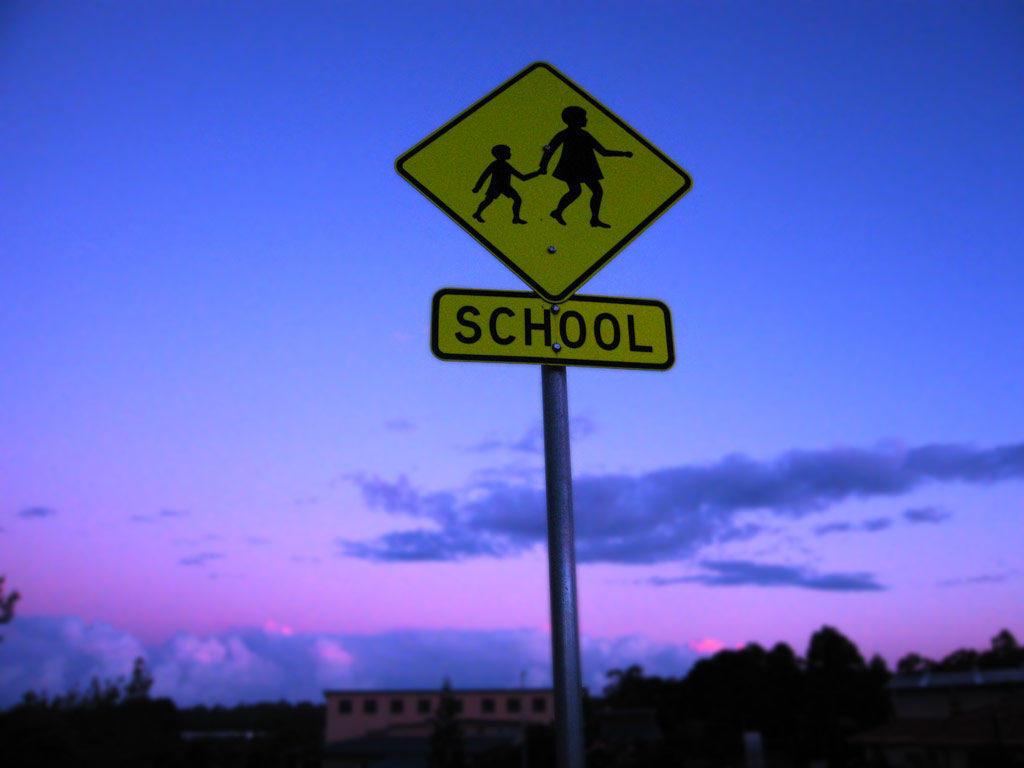Monica Seals didn’t waste time. Within 24 hours after the nonprofit ProPublica Illinois and the Chicago Tribune published an investigation revealing the widespread practice of putting children into solitary confinement in school districts in Illinois, the Centralia radio reporter pressed local officials for answers.
Seals, news director at the Withers Broadcasting station in the Southern Illinois town, wanted the Kaskaskia Special Education District to explain its use of seclusion rooms at the Bridges Learning Center, which used seclusion 1,288 times in the 15 months of school that ProPublica-Tribune reporters examined. According to the analysis of Bridges records, 72% of the seclusions were not prompted by a safety issue as required by law. The school district did not respond to the Chicago-based reporters by the time of publication.
After the story broke, the director of the Kaskaskia district issued a statement defending its training and adherence to state and federal law, which Seals included in a story for X95 FM, where she works. “I’m definitely following up on the story,” she said.
Illinois law requires schools to file a report when a child is put in seclusion, but it does not monitor it, and parents are often not notified when it happens to their child, according to the investigation.

Photo by Kelly Hunter via Flickr
The day after the year-long investigation published, Illinois Gov. J.B. Pritzker called for emergency action to halt their use. The state school board began drafting rules that would prohibit students from being left alone during a timeout, and at least one state representative introduced legislation to stop the practice altogether.
“The thing exploded like a bomb,” Mark Baldwin, executive editor of the Rockford Register Star, said of the investigation. “I haven’t seen that in a while.”
In the days after its publication, local reporters and news organizations around the state began to follow the breaking story, analyzing a database on ProPublica’s website to determine if problems had been reported in their area.
“Our public school districts seem to have clean hands,” Baldwin said, adding that the action by the governor “kind of jumped the story before we were even able to run the originnal.”
Nonetheless, the Gatehouse-owned paper will continue to report and ask questions in its circulation area in northwestern Illinois, Baldwin said. “To me the killer fact there is that the schools must report the use but no one has to look at them.”
ProPublica and the Tribune published the investigation under a creative commons license, enabling news organization to reprint it under certain conditions. “We do hope that reporters — and parents — will use this work as a starting point to conduct their own investigations and gather information about what’s happening in their communities and to their children,” said Louise Kiernan, editor-in-chief for ProPublica Illinois.
Some of the children–whose accounts were mostly detailed in reports obtained through the Illinois Freedom of Information Act, were kept in small, locked rooms as punishment for infractions such as ripping up a homework paper or refusing to get out of the car. Many of the children were disabled and being punished essentially for their disabilities, including autism and ADHD.
“I’d rather die. You’re torturing me,” one child said while in seclusion. ““Please, please, please open the door. Please, I’ll be good. Open the door and I’ll be quiet,” another child begged.
The accounts are hard to read, as ProPublica acknowledged in a follow-up story after the investigation.
They also were hard to get, with many school districts refusing to turn them over, said Jodi S. Cohen of ProPublica and one of the lead reporters on the investigation. “We were stonewalled, and it wasn’t just smaller communities. It was different school districts throughout the state that stonewalled us.”
Cohen said it would be “amazing” if local reporters stayed on the story. She noted that ProPublica was already working with the Belleville News-Democrat on a follow up. “This is actually the first of several stories we have planned,” she said. “There will be more. This is just the beginning.”
David Penticuff, the managing editor of the Morning Sentinel in Centralia, said he put a reporter on the story right away and asked for a tight turnaround. He is new to the family-owned paper and to Illinois, having spent 20 years at a community newspaper in neighboring Indiana. He said the seclusion story will be a good test for some changes he wants to implement in the newsroom to respond more quickly and thoroughly to breaking news.
But it won’t be easy, he noted, given the time and resources that ProPublica and the Tribune put into the original story. That isn’t something smaller news organization can easily duplicate.
“The information they gathered obviously had a lot of public records requests, individual student reports,” he said. “.We are just starting. We need to get on top of this and do our job.”
Nick Miller, president of the Southern Illinois Editorial Association and editor of the O’Fallon Weekly, said it is imperative for parents to come forward to help local journalists when they confront local school officials about their use of seclusion rooms.
“You need to have local support,” he said. “You need to have complaints.There has to be some engagement in the community.”
Jackie Spinner is the editor of Gateway Journalism Review and an associate professor of journalism at Columbia College Chicago. Follow her on Twitter @jackiespinner.
